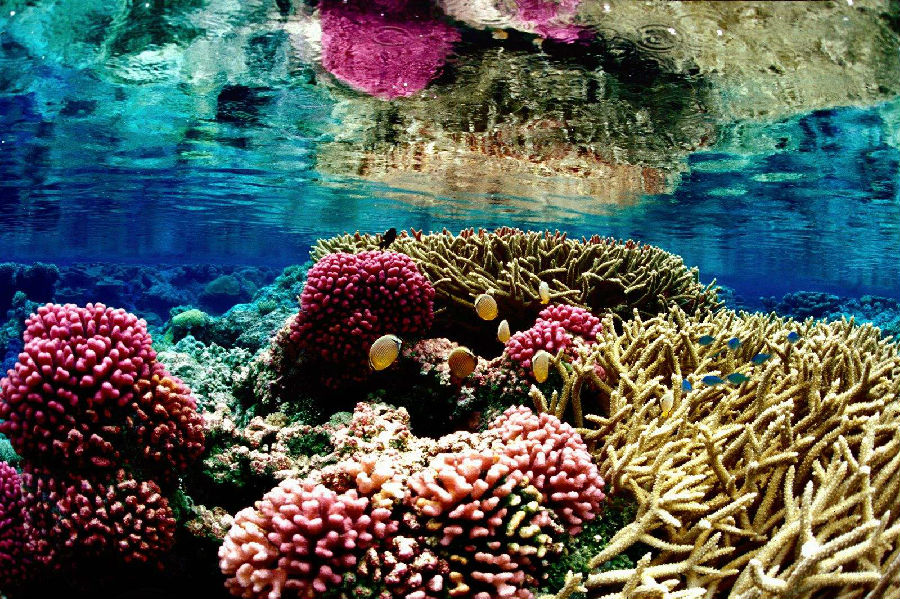It is now thought that the larvae of certain organisms may drift through the water until, by some unknown chemical means, they detect that they have arrived at a food opportunity and fall onto it.

Elsewhere, the oceans aren't nearly so rich. Take Australia. With over 20,000 miles of coastline and almost nine million square miles of territorial waters, it has more sea lapping its shores than any other country, yet, as Tim Flannery notes, it doesn't even make it into the top fifty among fishing nations. Indeed, Australia is a large net importer of seafood. This is because much of Australia's waters are, like much of Australia itself, essentially desert. (A notable exception is the Great Barrier Reef off Queensland, which is sumptuously fecund.) Because the soil is poor, it produces little in the way of nutrient-rich runoff.











